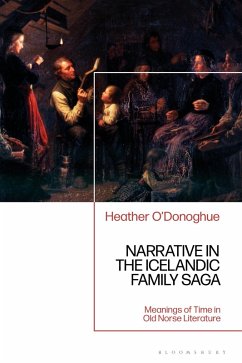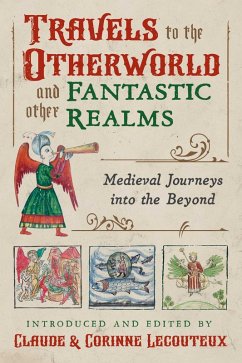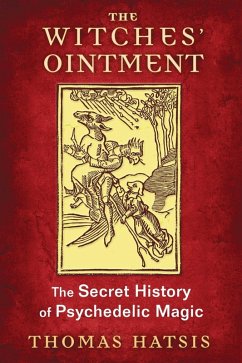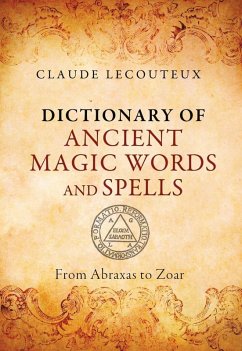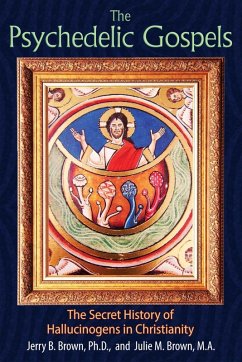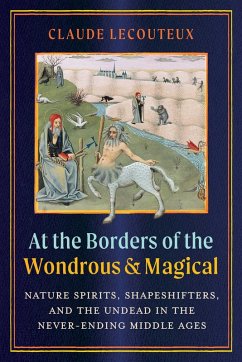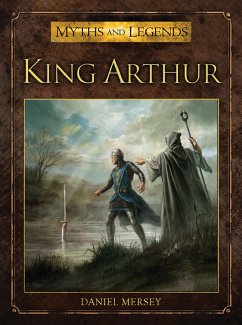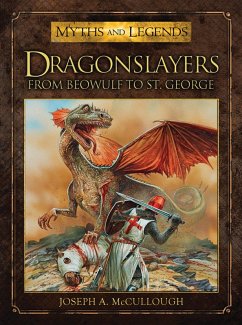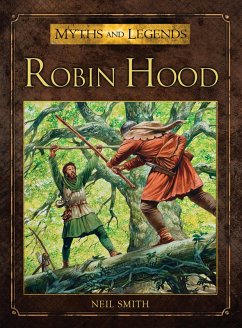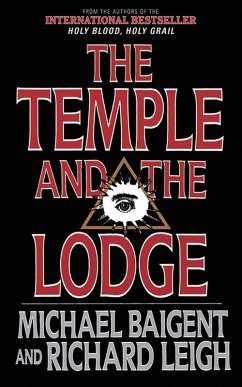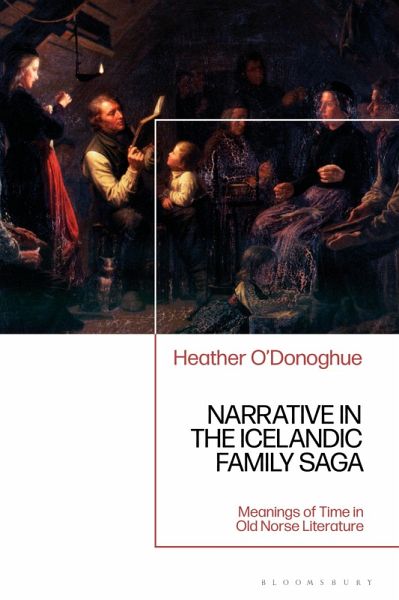
Narrative in the Icelandic Family Saga (eBook, ePUB)
Meanings of Time in Old Norse Literature
Versandkostenfrei!
Sofort per Download lieferbar
25,95 €
inkl. MwSt.
Weitere Ausgaben:

PAYBACK Punkte
13 °P sammeln!
Representative of a unique literary genre and composed in the 13th and 14th centuries, the Icelandic Family Sagas rank among some of the world's greatest literature. Here, Heather O'Donoghue skilfully examines the notions of time and the singular textual voice of the Sagas, offering a fresh perspective on the foundational texts of Old Norse and medieval Icelandic heritage. With a conspicuous absence of giants, dragons, and fairy tale magic, these sagas reflect a real-world society in transition, grappling with major new challenges of identity and development. As this book reveals, the stance o...
Representative of a unique literary genre and composed in the 13th and 14th centuries, the Icelandic Family Sagas rank among some of the world's greatest literature. Here, Heather O'Donoghue skilfully examines the notions of time and the singular textual voice of the Sagas, offering a fresh perspective on the foundational texts of Old Norse and medieval Icelandic heritage. With a conspicuous absence of giants, dragons, and fairy tale magic, these sagas reflect a real-world society in transition, grappling with major new challenges of identity and development. As this book reveals, the stance of the narrator and the role of time - from the representation of external time passing to the audience's experience of moving through a narrative - are crucial to these stories. As such, Narrative in the Icelandic Family Saga draws on modern narratological theory to explore the ways in which saga authors maintain the urgency and complexity of their material, handle the narrative and chronological line, and offer perceptive insights into saga society. In doing so, O'Donoghue presents a new poetics of family sagas and redefines the literary rhetoric of saga narratives.




